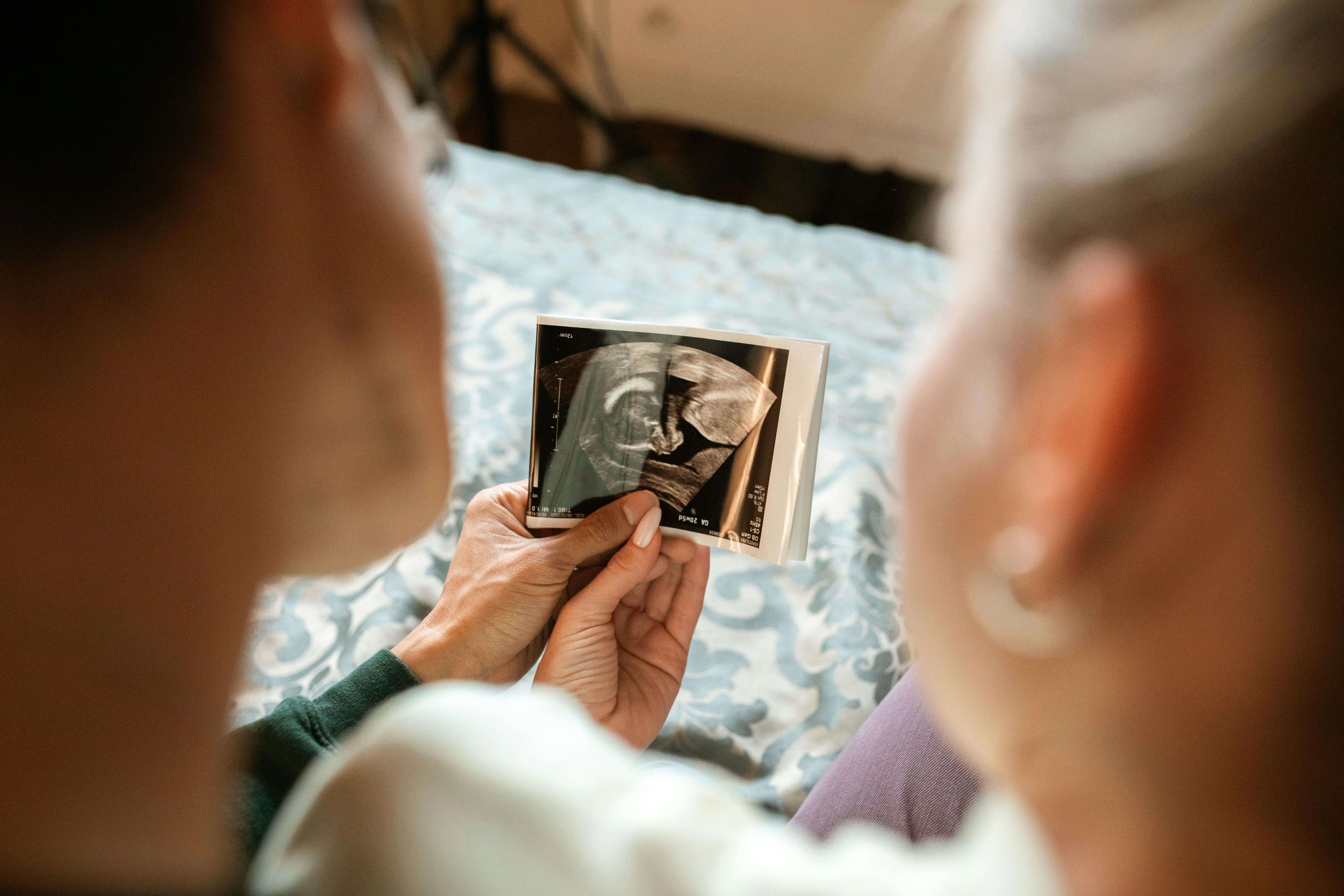Search
See an overview of the people involved in the Children's Diabetes Centre, including co-directors, research focus area leads, research staff and students
Privacy policy

Even in the safety of their home, there are many risky places a child or teenager can visit online.

This study explores the role of infant sleep in early childhood development.

This research aims to examine subfertility in a population pregnancy cohort, analysing the underlying differences between sub fertile couples who conceive naturally, sub fertile couples who conceive using ART or non-IVF, and fertile couples.

This project aims to investigate the impact of a non-severe burn injury on children's health for life.

ORIGINS is no longer offering courier services or home collection of samples.

Can baby’s early movements predict learning difficulties later in childhood?

Understanding how families engage with screen technologies and how it may influence child development

Enhancing psychological wellbeing in families from pregnancy to infancy
